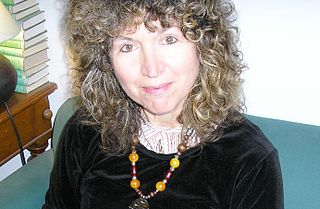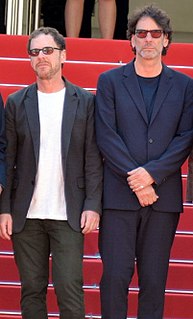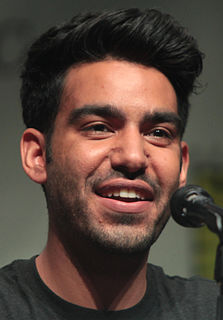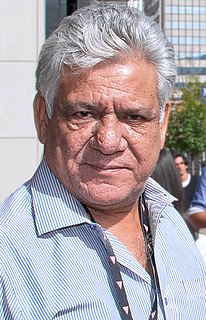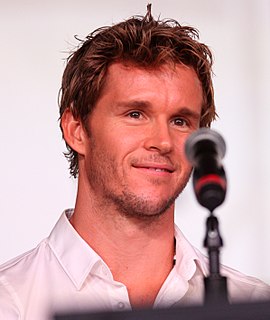A Quote by Caroline Lawrence
When someone talks about Western films, you probably think of those old black and white cowboy films your granddad likes. But the Western is a wonderful genre because it is usually a story of a lone hero fighting against corruption in a dangerous world.
Related Quotes
I remember the first film I reviewed for the Daily was a John Ford Western. I think it was My Darling Clementine, but I am not certain. And I was just impressed by, first, the story itself. I didn't know that much about films. But the acting, the director. And particularly, the cinematography, the black-and-white use of exteriors, I noted particularly.
There's a thing I really mind hearing, when someone says: "That's not my kind of film, I don't want to go and see that..." I don't believe that, I don't believe that it's possible to write off a whole genre of filmmaking - "oh I don't like subtitled films", or "I don't like black and white films", or I don't like films made before or after, a certain date" - I don't believe that.
